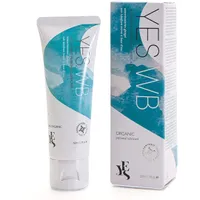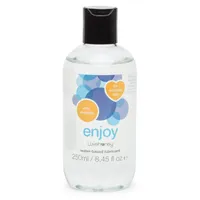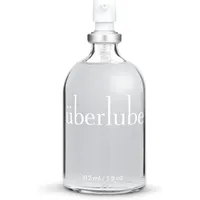Ever wondered what lube actually is? Sex experts explain everything you need to know, plus how it could transform your sex life
Yep, you read that right.

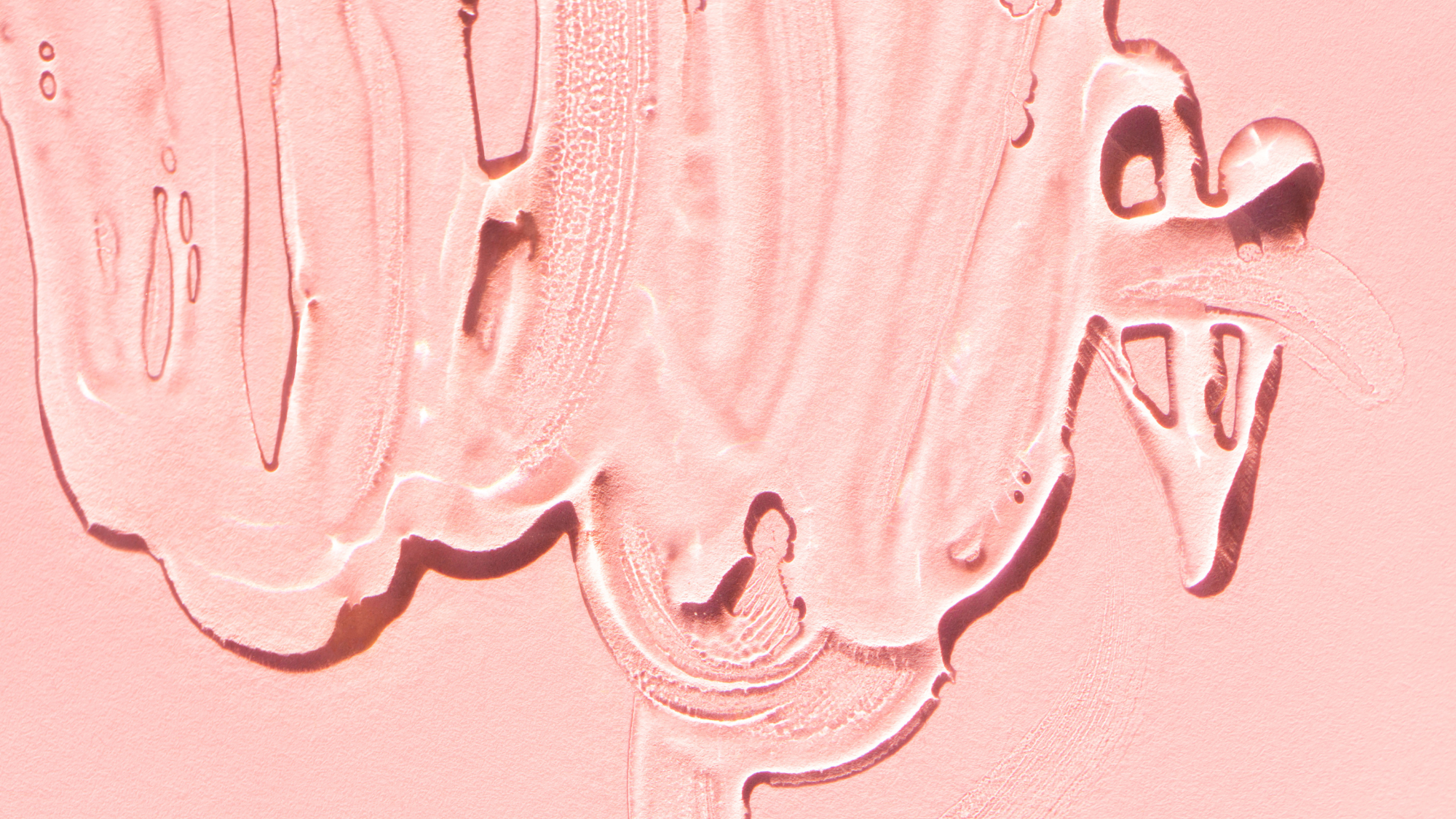
Celebrity news, beauty, fashion advice, and fascinating features, delivered straight to your inbox!
You are now subscribed
Your newsletter sign-up was successful
So you've heard that the best lubes can improve sex, but perhaps you still have some burning questions like: what is lube? How do you use it? Is it something to be embarrassed about?
We're here to answer all those things. First up, know that lube isn't a pointless modern invention to get you to spend money. There are reports that suggest people have been using lube since the ancient Greek times, when they likely used natural oils to aid their sex lives. But when Vaseline was invented in 1872, it changed everything. While the jelly was never intended for sex, some people found it was helpful for, er, sliding in. It's been 150 years since then and nowadays it's not hard to find a lube specifically invented for getting down. You can easily find water-based lubes, lubes for anal sex and even CBD lube or flavoured lube in any shop (plus, the best condoms will be lubricated, too).
But, like with a lot of parts of sexual education, lube has often been left out of the picture. There's (perhaps unsurprisingly) not much research into the benefits of lube, but a Sexual and Reproductive Health Matters review published last year reported a study that found lube helped reduce pain and discomfort during sex in 89.3% of women. Another paper, from the Center for Sexual Health Promotion at Indiana University in 2014, found that 65.5% of people have used lubricant in their life, yet just 20% had used it in the last month. The lack of using (or admitting to using) might be something to do with the stigma attached to lube - the assumption is that you only need it if you have vaginal dryness but, as we'll find out, that's so far from true.
What is lube?
Before we go any further, let's just answer this question once and for all: what is lube? "Lube is short for lubricant," explains Hope Flynn, head of content for sexual wellness and medical brand iPlaySafe. Lubricant is defined as 'a substance, such as oil, used for minimising friction' and that's essentially what personal lube is, Flynn describes.
"It is a gel or liquid that is used during sex to make the vagina, vulva and anal area wetter. Lube can be used in partnered and in solo sex, it can also be applied to a man's penis or to your sex toys to make them more slippery. Lube can make sex more enjoyable and pleasurable by reducing friction and makes sex more comfortable, especially if you are suffering with vaginal dryness," adds Flynn.
A post shared by Roam® (@explore.roam)
A photo posted by on
What different types of lube are there?
There are three main types of lube:
- Water-based lubes: "Water based lubricants mimic your body's natural fluids such as mucus, saliva, and vaginal secretions," explains Megwyn White, certified clinical sexologist and director of education at Satisfyer. "Additionally, water-soluble lubricants tend to have higher viscosity making them the perfect pairing for erotic massage, edgeplay, deep sensual massage, and are also safe for use with condoms. Water-based lubes also dry much faster and may require frequent applications."
- Silicone-based lubes: "These are the 'slickest' products, making them especially good for anal sex," explains White. "They are safe to use with condoms, and are easy to wash off with soap and water. However, they may cause damage to silicone-based sex toys, can leave a sticky residue on your body even after washing, and may also stain fabrics or upholstery."
- Oil-based lubes: "These tend to be more luxurious in feel and texture, allow for a longer play time without drying out, warm up naturally with the body and, as a bonus, also moisturise the body. However, they do not play well with condoms as they can undermine the strength of latex and polyurethane/polyisoprene condoms, increasing the risk of breakage," explains White. "Oil-based lubricants, which can include coconut oil or specially designed oil-based lubes can also stain fabrics, may feel greasy to the touch, can clog your pores, may be hard to clean off silicone products and certain oils, like petroleum jelly and baby oil, and often trap bacteria which can increase the risk of infection."
Some lubes are also hybrid lubes, meaning they are a combination of water-based and silicone formulas for slickness without dryness, so always check the bottle.
Don't just stop at ingredients when choosing the best lube for you though. What you are using lube for needs to be taken into consideration when buying lube, like lube for anal sex should be thicker for extra protection while lube for vaginal sex might want to be pH balanced so as to not cause disruptions.
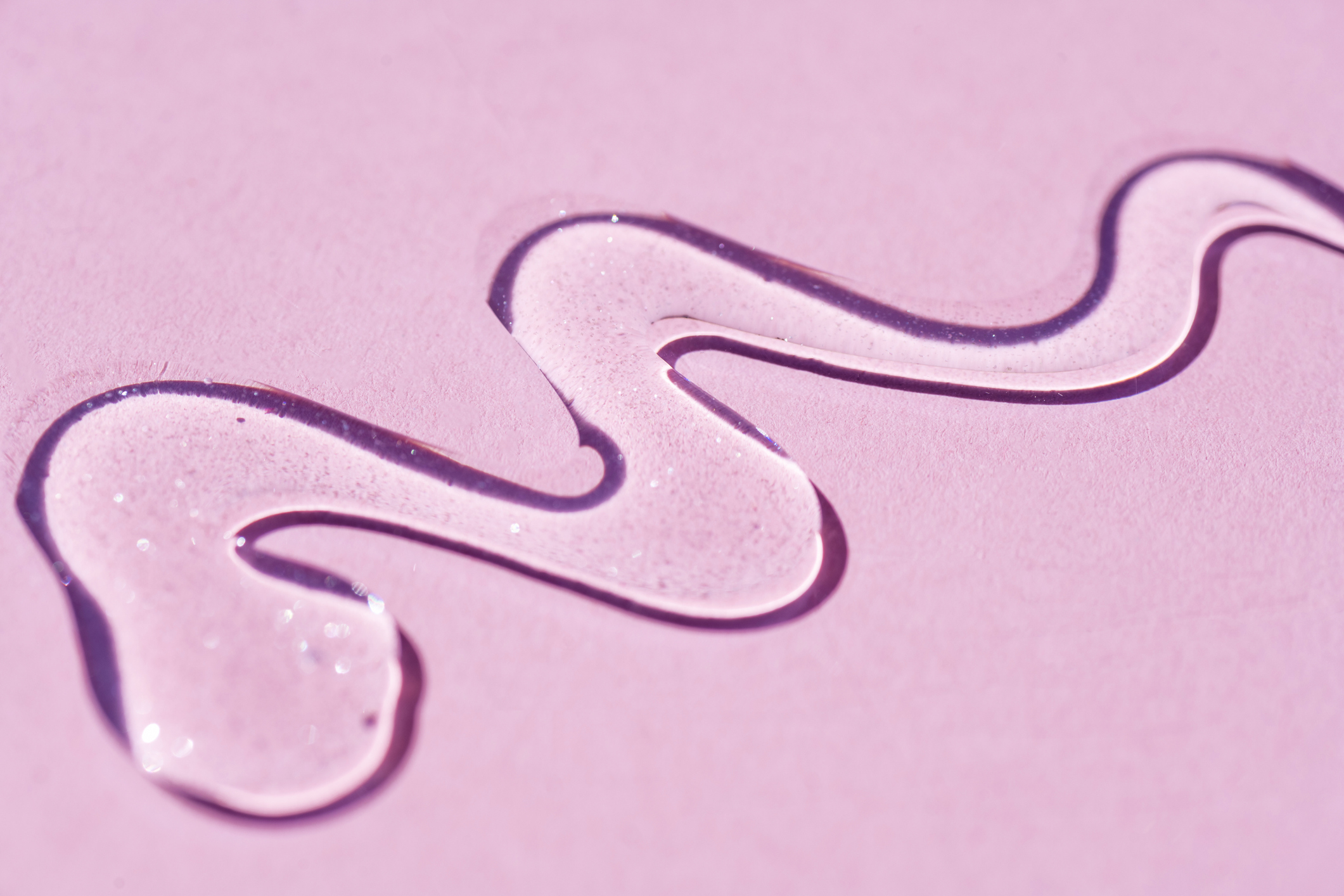
Shop the expert's favourites
YES Organic water-based lube
If you've got sensitive skin, this lube is for you. It has an aloe vera base, and while it dries out quicker, it can easily be reactivated with a little water (cost effective, too).
Lovehoney Enjoy lube
A vegan option, this water-based lube is great quality and budget-friendly, too.
Uberlube luxury lube
If it's friction-reduction you're after, this unscented option is water-friendly and can be used in the shower. What's not to love?
Why do you need lube?
If Flynn's earlier message about making sex more enjoyable and pleasurable isn't enough to convince you to buy a bottle, then let us explain the benefits of using lube. Unfortunately, lube has a bit of a stigma - for the person being penetrated, that you aren't wet enough to be penetrated comfortably and, for the penetrator, that you aren't good enough to make them wet enough.
That's not true. Firstly, penetrative sex has friction, no matter how wet you are, which lube can reduce for comfort. Secondly, the anus and clitoris are not self-lubricating like the vagina, so if you are using something on or inside those areas, reducing the friction with lube is necessary.
But mostly, lube can be about pleasure. "Lube application can be seen as a form of foreplay - gently drizzle it on the body in a seductive way. Areas like the clitoris, glans penis, nipples, and anus are especially arousing. If you are applying lube to your toys you can simply drop a little on your hand or directly onto your toy," advises White.
So there you have it - your complete guide to lube. Best sex toys, best vibrators and best dildos at the ready...
Celebrity news, beauty, fashion advice, and fascinating features, delivered straight to your inbox!

Chloe Gray is a freelance journalist who writes and talks about health, fitness, and wellbeing through a feminist lens. She was part of the launch team for Stylist magazine's fitness brand, Strong Women, and has written for i news, Women's Health, Red magazine, Good Housekeeping, Refinery29, and more. She's all about building mental and physical strength, eating delicious food that fuels you well, and making the fitness industry more accessible and enjoyable. She's also a qualified fitness trainer and research nerd, so you can be sure everything you read is backed by proper science.
